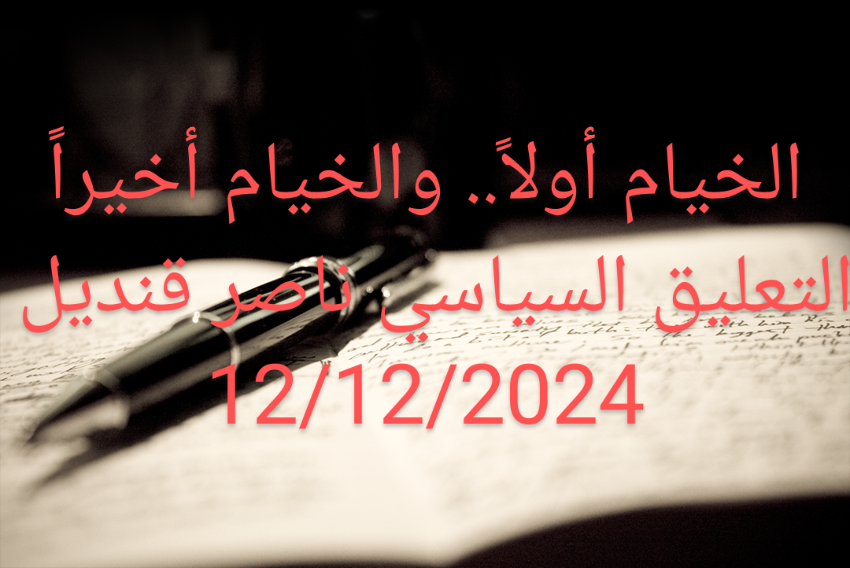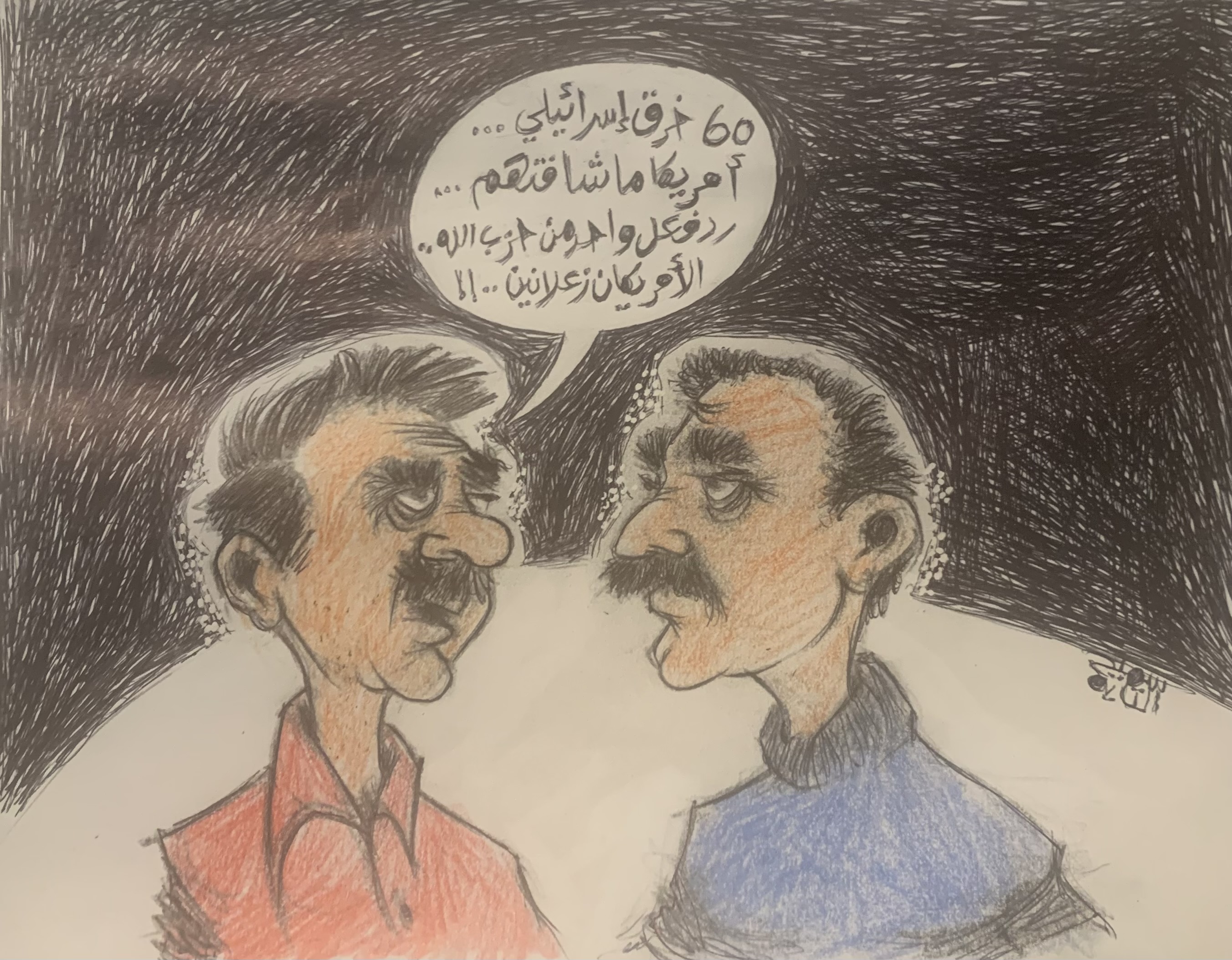
Written by Nasser Kandil,
The commentator who is known for his focus on theArabs affairs in the "Walla " site, AviIssacharoffremarked that the series of the recent developments in the war between the Syrian army and the militants indicates that the relative comfort which Israel was interested from the northern front is getting reduced, in other words, the defeat of ISIS is foreshadowing of probable escalation in the north between Israel and the Syrian army and surely Hezbollah. Issacharoff added that what he called as the last years of the Syrian war have driven Hezbollah to restrict its resources and its capacities for a confrontation with Israel. But in the recent weeks it seemed that this behavior has been changed and the balance has become in favor of the soldiers of the President Bashar Al-Assad, Hezbollah, and Iran. The battles in Mosul in Iraq are getting closer from the end, and it is clear that Raqqa the capital of ISIS in Syria will be the next battle. The Syrian army has achieved notable successes as in Deir Al-Zour in the northern of Syria. AviIssacharoff indicates that what he called as the different military militias whether those who support Al-Assad or the militants are racing in order to reach the areas from which ISIS withdraws, including the areas which worry Israel more than anything and worry its neighbor from the east Jordan, indicating in this context to the battles which are taking place in Daraa and in the Syrian Golan
While AviIssacharoff was talking about reflective shells against Israel from time to time, he excluded that there is an intended Syrian shooting, considering that the main Israeli fear is not from sending mortar bombs, however "the most important threat" according to the description of Issacharoff and which its source is the approaching of the allies of the President Al-Assad from the borders with Jordan and the Occupied Palestine. He revealed that there is a coordination with Jordan, but he pointed out that that it is doubtful whether this coordination can prevent or stop what he called the forces supported by Iran specially Hezbollah and its allies of Pakistani, Iraqi, or Afghani origins from approaching the borders with the Israeli entity, adding that what he called as the axis of Hezbollah is progressing while ISIS in no longer exist in this region, concluding that informal Israeli behavior which says" we wish success to the two parties" has become less relevant to the reality after the important successes of one of the parties.
AviIssacharoff concluded that “the reflection of these successes in Syria and Iraq can be seen and heard in the recent days in Lebanon through the enthusiastic declarations of the Secretary-General of Hezbollah Al Sayyed Hassan Nasrollah who has promised that in the next war with Israel, the airspaces will be open in front of thousands and maybe hundreds of thousands of fighters from all the Arab and the Islamic countries to participate.
AviIssacharoff is the Middle East analyst for The Times of Israel. Many radio and TV shows host him as a commenter on the Middle East affairs, until 2012, he was the Palestinian and Arab affairs correspondent for the Israeli newspaper Haaretz, moreover, he is a lecturer in the contemporary Palestinian history at Tel Aviv University, he got a bachelor degree with excellence from Ben-Gurion University in the sciences of the Middle East, and got MA from Tel Aviv University in the same subject. He is fluent in Arabic; he is considered the closest analyst to express the military and the security concern and put it to circulation before public opinion. He occupied the position cherished by the famous analyst Ze'ev Schiff until his departure in 2006. His two books which won Israeli awards are “The Seventh War” and "34 Days: Israel, Hezbollah, and the War in Lebanon” they are the most important references for reading the military and the strategic variables that surround Israel’s security.
Translated by Lina Shehadeh,
2017-06-30 | عدد القراءات 2779









